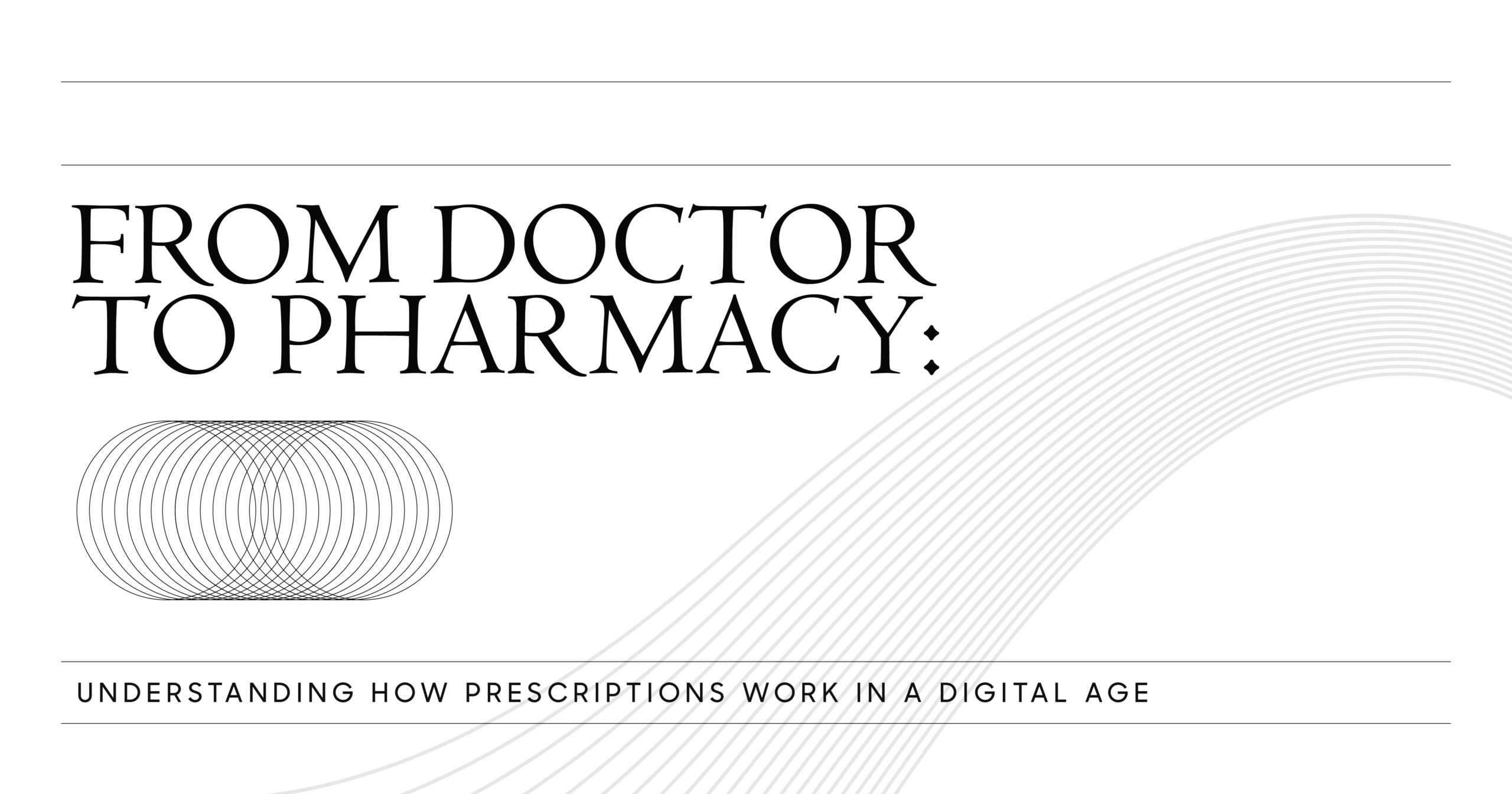Life can be hard sometimes. Sometimes all the noise and activity get to you. It can make you feel tense, worried, sad, or afraid of the unknown, hurting your mental health. Managing your emotions and dealing with the problems you face every day is important for your overall health, but it can be hard to do.
Seeking professional help is one option for caring for your mental health, but taking care of your emotional and mental well-being may also mean doing the small things that add to a significant impact.
What is Mental Health?
Our mental health comprises our emotional, mental, and social well-being. It changes how we think, feel, and act when facing life problems. It also affects how we handle stress, deal with other people, and make choices. Mental health is crucial in all phases of life, from childhood to adulthood and old age.
You can improve your mental health in several ways, such as:
1. Maintain a Positive Attitude
A morning routine is helpful, but it’s also important to start the day on a good note. Whether you are grateful to yourself, or something else, it can help your mental and emotional health.
Instead of opening your social networking apps as soon as you wake up, take a moment to compliment yourself or thank something or someone. You could also do both! Having feelings of self-worth can greatly affect your mood, and keeping a gratitude book can help you feel happy and at peace.
2. Maintain Your Focus
It’s easy to get stuck in “what-if” thoughts. Why me? What will happen next?
But these questions might take your mind off of living your life and doing the things you need to do. Studies have shown that “a mind that wanders is an unhappy mind.” Don’t worry about what isn’t happening now; pay attention to what is. The coffee is ready for you. This new playlist looks like it could be fun. Your dog has a lot of fur on it today. This banana is ready to eat.
Focusing on sounds, smells, tastes, or sights in your body can help calm your busy mind and ground you in the here and now.
3. Exercise
We all know that regular exercise is important if you want to stay at a healthy weight, and you may also know that it’s good for your heart. On the other hand, exercise improves your brain by making it smarter, making you happier, and reducing stress and anxiety.
Endorphins are released when you work out, which makes you feel better. It also makes more dopamine, serotonin, and norepinephrine come out, all of which help keep your mood stable. For instance, the rush of serotonin you get from working out might help you feel better. Also, exercise helps keep your adrenaline levels in check, which can help you feel less stressed.
This means that even 20 minutes of exercise daily can help you deal with stress and improve your mental health. It’s also a great way to feel like you’ve done something and to take charge of your life when things are uncertain.
4. Eat Foods That Are Good For You
Your brain is one of the most active parts of your body, and it needs the right food to work at its best.
Eating well-balanced meals full of vitamins, minerals, and antioxidants will help you feel and work better. A healthy diet includes fruits, vegetables, beans, whole grains, lean protein, and healthy fats. Notice that this list doesn’t include processed foods, which may have a lot of refined sugars and saturated fats. If you need something more specific than a list and want a healthy diet to help you stay on track, think about the Mediterranean diet.
5. Socialize
During the COVID-19 epidemic, people needed to live apart from each other, but that doesn’t mean they have to be alone. During the epidemic, there are several ways to stay in touch with friends and family. These include talking on the phone, video chatting, and other digital tools.
This is important because, like many animals, people are social creatures. It is recommended that the number and quality of our social contacts affect our mental health, so keeping in touch with people is important.
When you’re socializing, you might talk to someone about a problem or issue or just be nice to them in general. Putting your trust in others and getting others to trust you can help your emotional health and self-esteem. Being nice to people, even if you don’t know them, makes you happier and can boost your self-esteem.
6. Set Some Goals For Yourself
Nothing beats the feeling of success. Whether your goal is to lose 10 pounds, save for a down payment, or get that promotion you’ve been eyeing, achieving it may boost your self-esteem and sense of worth.
When setting goals, one thing to keep in mind is to ensure they are realistic. Your goals should be hard, but they should also align with what you’re good at. Also, make sure you have the time and energy to put toward reaching your goals. If you want to do something but aren’t sure if it will work, try it out as a hobby first.
7. Pay Attention To Your Sleep
Most nights, choosing that TV show you recorded might be easy instead of going to bed. But the voice in your head that tells you to go to bed is usually right.
Not getting enough sleep and bad sleep can have a big effect on how you feel the next day. It could make you more irritable and make it hard for you to focus on your work. This means you must ensure you get enough sleep every night. It’s also important to prepare for a good night’s sleep, such as by not staring at your electronics before bed.
8. Don’t Feel Bad About Asking For Help
It’s hard to admit you’re having trouble, but there’s no shame in doing so.
If your stress, sadness, or bad feelings worsen, you should talk to a friend or family member. Talking to someone about your worries might help you understand them better and take some of the stress off your shoulders. It may also help you get along better with someone else, especially if they are going through similar problems. You can feel better by doing any of these things.
If you are worried about your mental health, you should talk to a doctor or someone who specializes in mental health.



